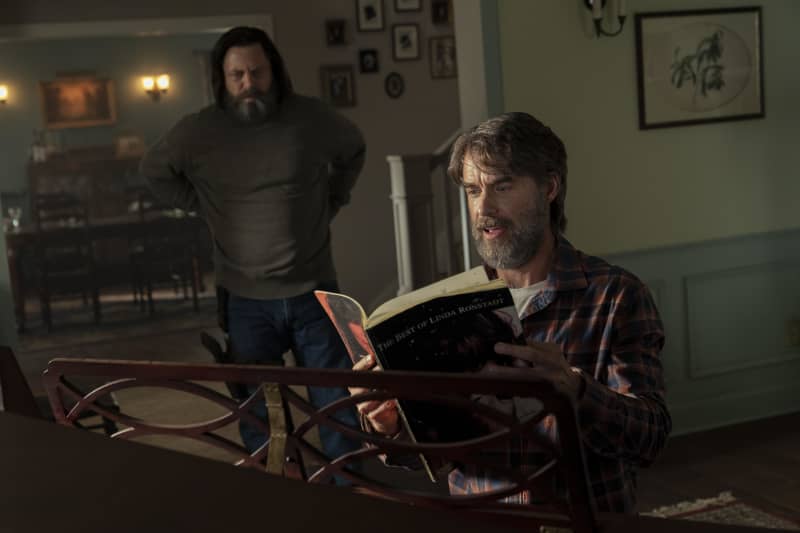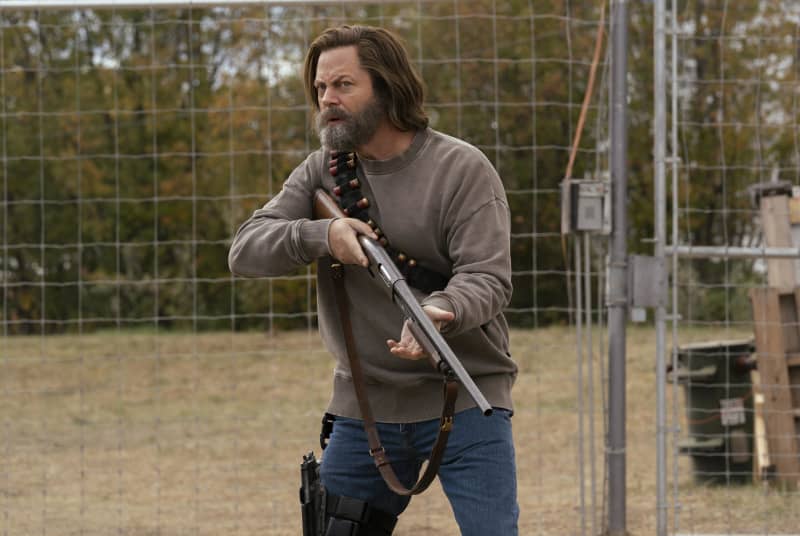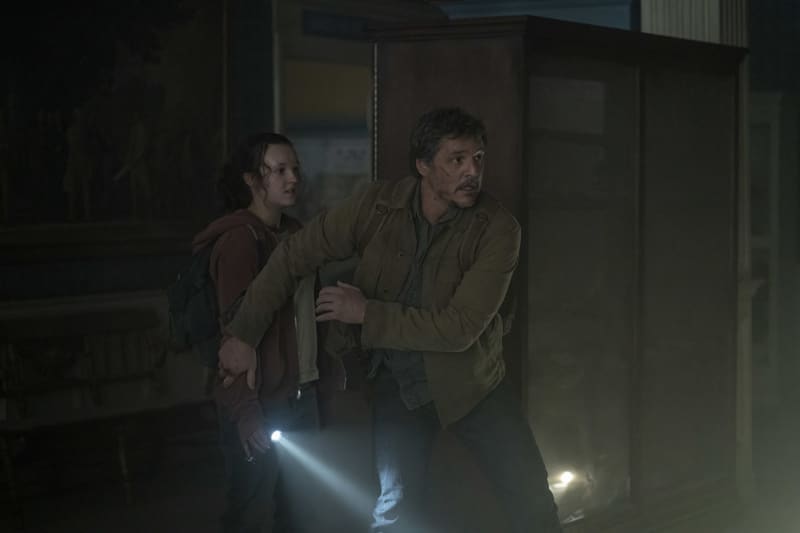
Stories of affection in an apocalyptic atmosphere hit a sensitive spot with today’s audiences hungry for survival stories, writes journalist Veikko Eromäki.
A co-production between streaming giant HBO and consumer electronics company Sony, *The Last of Us* series began in January. The entertainment giants took a big risk by investing close to a hundred million dollars.
In a nutshell, the series tells the story of Joel and Ellie’s survival in a devastated United States, where the majority of the population has been turned into zombies by a parasitic fungus that has spread to humans.
The first season of the series is now more than halfway through, and can already be considered a success. Viewing figures for the first three episodes rose by almost a million viewers per episode, which is more than nine out of ten on average, according to business media Forbes.
The critics have also mostly been pleased. According to The Guardian, the series is and praised the filming of the series as \”eerily beautiful\”.
Excessive emphasis on the video game background for the series is perhaps a bit pointless. Even the original game itself is very cinematic, and many of the game’s scenes have turned into acting as such. It may not yet be possible to judge whether the success of the series is about the breakthrough of video game adaptations.
It could be that the script and the visual execution of *The Last of Us* game were just so exceptionally good that its TV adaptation succeeded as if for free.
Affection under a rock
At the core of the game and especially the series is not action or mushroom zombies, but human behavior in desperate situations. After the worst has happened, the characters of the series try to find reasons to continue in a world that has become completely merciless. According to Iltasanomit’s review, this follows a story whose main characters are \”people, trust and survival\”.
Unlike several successful series of recent years, the series is very violent and brutally masculine. Pascal’s father figure, who oscillates between Raakalainen and protector, has already become the target of social media drooling, according to the style magazine GQ, \”the internet daddy of the end of the world\”. The sensitivity is also tight in Ramsey’s ronsk Ellie, who, despite her young age, is as ruthless as Joel when necessary.
However, the series’ unsparing banter with the loading sounds of the weapons is at the same time open-minded and at the expense of clichés. The unusual depiction of people is best summed up by the significantly different third episode from the original material, which in Helsingin Sanomat’s otherwise scathing review of the series was characterized as \”thrilling, funny and wonderful in every way.\”

The episode is a description of love between men, without forgetting blood, pump-action shotguns and pickup trucks. Under the apocalypse, a gay couple gets a new chance at happiness in a safe harbor surrounded by fences made for zombies. However, the idyll is always one bullet or bite away from a new, even worse apocalypse.
So far, the only episode of the series depicting a romantic relationship has received praise in the United States also from sexual minorities in the country’s gamer community, who are tired of the monotony of game entertainment.
A series of sad human tragedies
The conclusion of the third episode is *The Last of Us* at its best, depicting the end of a long, long battle for survival. From episode to episode, human fates that are more tragic than the other drive the story forward, and there is hardly a glimmer of hope in the script.
This combination makes the series’ success a bewildering phenomenon.
This is not lacking in real life nowadays, Berman suggests.
With the corona pandemic, Russia’s large-scale invasion of Ukraine, and most recently the earthquakes in Turkey and Syria, the world visible in news and social media feeds has only gone in a darker direction.
Bodies, ruins and violence have become a permanent part of the news we consume. It could be assumed that people no longer want to see the aforementioned on their screens as entertainment.
The high viewership figures of *The Last of Us* tell us that escaping from reality doesn’t always work as you might expect. Perhaps it’s the fact that there is currently a burning demand for survival films, no matter how gruesome they may be.
Actual lessons are not necessarily expected from the series, because it would be even more unrealistic than mushroom zombies: it is very difficult to form any coherent life instructions from the real-life crises of recent years.
*Have you watched The Last of Us series? You can participate in the conversation.*

